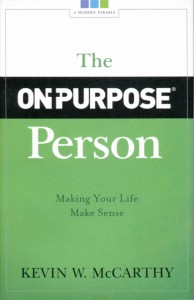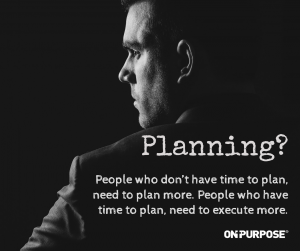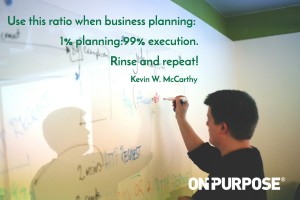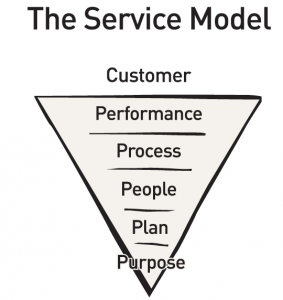The 3 Tips for Profiting The World AND Gaining Your Soul
- Guard your heart
- Focus on the soul of people
- Be about excellence on-purpose
In the book of Mark (8:36–37) it reads, “For what shall it profit a man, if he shall gain the whole world, and lose his own soul? Or what shall a man give in exchange for his soul?“*
Here is a sharp warning about allowing the pursuit of such fleeting things as money, advantage, pleasures, and fame to so cloud our being that we yield our character, personal leadership, respect, dignity, and relationships. We are wise to take heed because worldly temptations are alluring, but they may not be profitable.
Alarmingly, in that last phrase in Mark, there is an oblique reference to an inevitable transaction—you will have to exchange something for your soul. What will that be?
Does this mean that profiting and soul-losing are inextricably one?
I say, “No!” We can have both. We’re designed for it. In fact, to gain our soul and profit the world is the truest standard of living. Proof: how many times have you said you want to make a difference or make a contribution in your life or your livelihood?
How many times have you felt conflicted between balancing your life and your work? (Remember that life-work balance is a myth.) Purpose integrates your life and work into a meaningful whole.
So here’s the crux of the matter—you must choose which master you will serve first and foremost.
- What is the exchange you’re willing to make for your soul?
- Will you first serve mankind or make a profit?
There’s a reason that your personal 2-word purpose statement has a generic beginning of, “I exist to serve by …” That’s a big hint in terms of my recommendation.
After watching this On-Purpose Business Minute, please share your thoughts in the comments section below.
- What’s your take on the matter of gaining your soul and profiting the world?
- Do you have an example of someone who is doing both with excellence?
- Where is your greatest struggle with integrating what seem like two opposing masters?
* The Message is a modern translation that uses more common language to bring forth powerful principles and insights found in scripture. Here are the same verses from The Message:
“What good would it do to get everything you want and lose you, the real you? What could you ever trade your soul for?”




